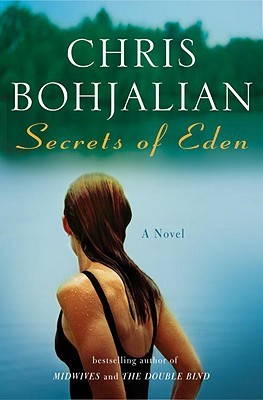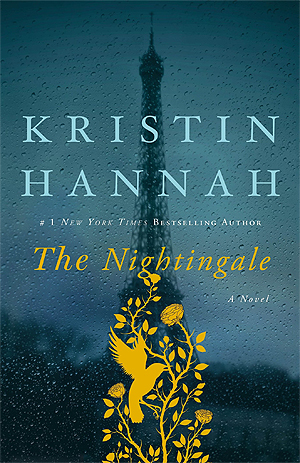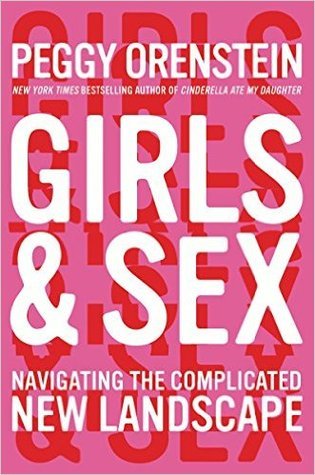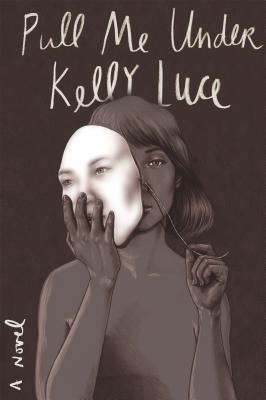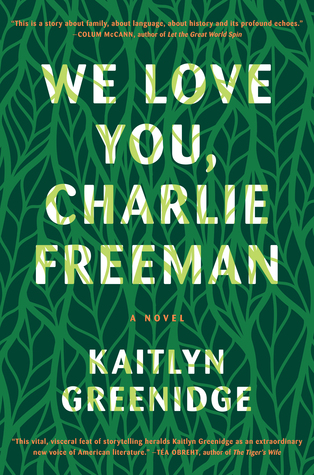 Born to Run, by Bruce Springsteen
Born to Run, by Bruce Springsteen
I came late to Bruce Springsteen...I didn't become a fan, beyond his greatest hits of course, until he put out a folk album honoring Pete Seeger ("
The Seeger Sessions"). Then, a little over 4 years ago, I went to a concert on "The Wrecking Ball" tour (still my favorite album). I only went, really, because I was waiting to have ear/brain surgery and it had been postponed, and I was ticked. I decided to do something nice for myself.
That concert blew my mind and made me a fan.
Anyone who has listened to Springsteen very carefully knows he's a born, self-educated writer and poet. He never went to college, like most of the members of the E Street Band. But he's a seeker, reader, and philosopher, driven by a strong commitment to music and being a voice for our times.

I don't think many people realize how political his music is, but he was inspired by Bob Dylan and Pete Seeger, along with his rock and roll heroes. Two of his big honors were introducing Bob Dylan when he was inducted into the Rock and Roll Hall of Fame and singing "This Land Is Your Land" with Pete Seeger at President Obama's inauguration. I just dare you to watch
that video without getting misty. Just looking at the people who were there, the diversity of voices and faces, and comparing that to what our country will be facing on January 20 (a return to white, privileged power), and it's enough to make me cry. And now Pete Seeger has died, probably a good thing so he won't have to see the One Who Will Not Be Named take on the most important job in the world.
Back to the book. I loved the way Springsteen wrote about his relationship with his dad, complicated as it was. And shared his battles with depression. And now I understand how and why he, as a nearly-70-year-old-man, still does concerts that last over 3 hours. He has to.
And he wrote of his deep, complicated, and special friendship with the Big Man, Clarence Clemons, and how he coped with Clarence's death. Back when Clarence joined the band, the E Street Band was unusual because it was half black, half white. "If you travel for years in an integrated band, you see racism in action." Springsteen, inspired by the likes of Pete Seeger, tackled racism in his music in ways most other rockers do not do. After police killed Amadou Diallo, he wrote the chilling "
American Skin," a song about racism and police violence, which angered the police and the media (even though he tried to include a sympathetic depiction of the involved police officer). Many of
his political songs ("Born in the USA" and "We Take Care of Our Own") have been grossly misunderstood by the public.
I think "Wrecking Ball" is an album we should all listen to for inspiration in the coming years. "Wrecking Ball was a shot of anger at the injustice that continues on and has widened with deregulation, dysfunctional regulatory agencies, and capitalism gone wild at the expense of hardworking Americans." Just watch "We Are Alive" for some inspiration: https://www.youtube.com/watch?v=C-dhZR5uTgY.
To learn more about what makes Springsteen tick and what his songs really mean, read this book. Be inspired.
 Fiction
Fiction 1. All the Things We Never Knew: Chasing the Chaos of Mental Illness, by Sheila Hamilton
1. All the Things We Never Knew: Chasing the Chaos of Mental Illness, by Sheila Hamilton



